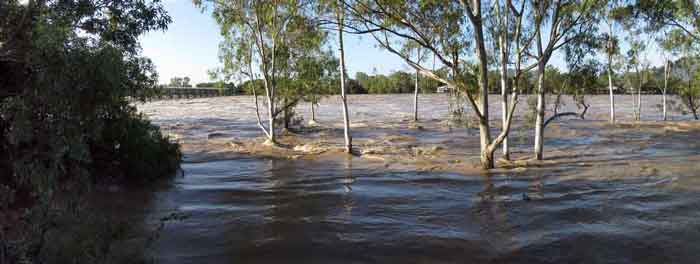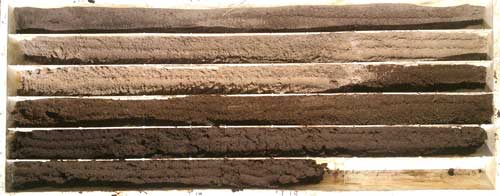Urban Development
Urban Water Management
Geotechnical Investigation
Urban Water Management
Most areas proposed for development in the Perth, Peel and South-West regions have significant water resource issues. Urban water management strategies build onto traditional water management approaches to improve the quality and quantity of water resources post-development. Effective urban water resource management is achieved by integrating total water cycle management into urban development planning and design.
Strategic planning is important in total water cycle management and is a key focus in the State Water Management Strategy (Government of WA). The extent of investigation is determined by a sites condition and should accommodate the varying nature and scale between planning stages to keep information relevant.
Urban water management is integrated into land use planning via water sensitive urban design techniques. The aim is to manage flood risk while maximising water re-use, efficiency and recycling with structural and non-structural controls for both existing and proposed urban development.
Bioscience has expertise in all aspects relating to Urban Water Management Strategy, particularly Local Water Management Strategies and Urban Water Management Plans. We incorporate water sensitive urban design objectives and storm water management principles in land use planning to achieve better water management practices.

Prior to starting a Water Management Strategy, groundwater monitoring is primarily needed to assess the current state of groundwater resources in regards to water quality, maximum groundwater levels (MGL) and direction of flow for urban and industrial developments. Such monitoring is conducted by Bioscience as part of a Water Management Strategy (particularly in areas were the watertable is within 1.5m of the natural surface). Depending on the specific site requirements, groundwater is usually monitored for up to 2 years.
A geotechnical survey, which describes the nature of natural soils, whether they shrink or swell, whether acid sulphates are present at the depths required to install the services like sewers, water, power, is also required when drafting a Water Management Strategy. For more information, have a look below.

Geotechnical Investigation
We offer a broad range of geotechnical soil tests to inform about physical properties that are likely to influence the proposed development. The geotechnical investigation according to AS 1726 is tailored to site characteristics and the proposed development and may include:
- An evaluation of the geology and hydrogeology (desktop study and in situ)
- Sampling (excavating or boring) for identification of soil profiles and testing
- Testing includes soil and rock classification, particle size distribution and Atterberg Limits (AS 1289)
- Compaction Testing (PSP) and Maximum Dry Density (AS 1289)
- Permeability and Infiltration (ISO 22282)
The geotechnical investigation includes a site visit, testing and reporting.


